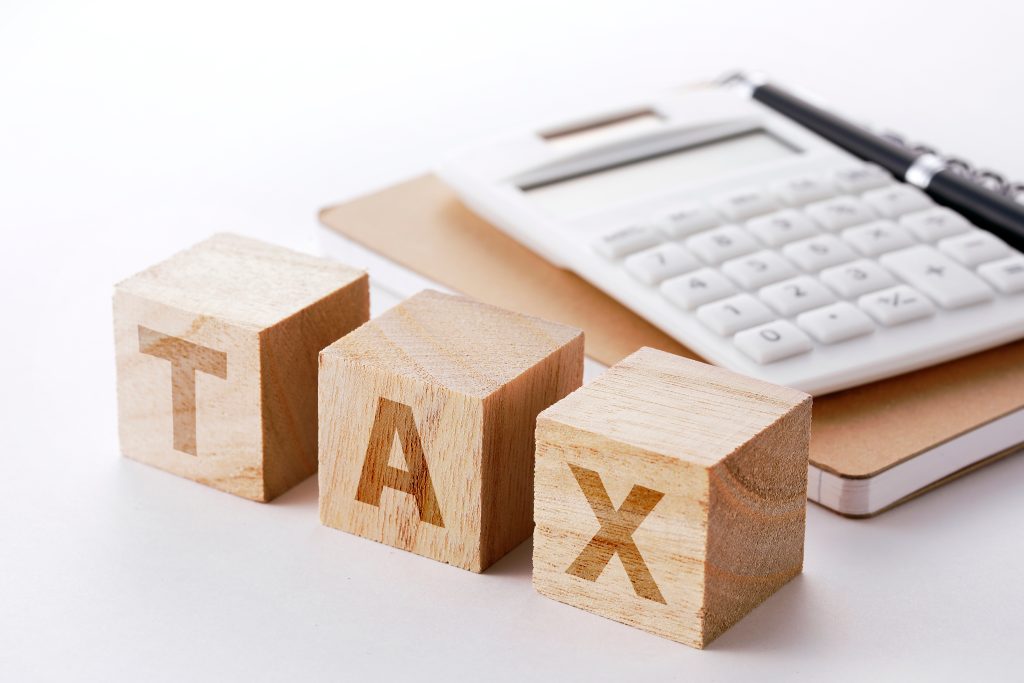
The rise of ridesharing services like Uber and Lyft has revolutionized the way people commute and earn income. As a rideshare driver, it’s important to understand the tax implications of your earnings and expenses. Navigating the world of ridesharing and taxes can be complex, but with proper knowledge and planning, you can stay on track with your tax obligations. To keep you informed, we will explore the key considerations and potential challenges that rideshare drivers face when it comes to taxes.
Independent Contractor Status:
Instead of being considered as employees, rideshare drivers are typically classified as independent contractors. This means that you are responsible for paying self-employment taxes, including Social Security and Medicare taxes. Understanding your status and the tax implications is crucial to avoid surprises when tax season arrives.
Tracking Mileage:
Mileage is one of the most significant deductions for rideshare drivers. You can choose between two methods for calculating mileage deductions: the standard mileage rate or actual expenses. The standard mileage rate is simpler and involves multiplying your business miles by the IRS-issued rate. Alternatively, you can track actual vehicle expenses and allocate them based on the percentage of business use. Determine which method is more advantageous for your specific situation.
Form 1099-K and Form 1099-NEC:
Rideshare platforms are required to provide you with certain tax forms. You will receive a Form 1099-K if you meet certain income thresholds and received payments through credit card transactions. Additionally, you may receive a Form 1099-NEC if you earned $600 or more from non-credit card transactions. Be sure to report all your income, even if you don’t receive these forms.
As You Make Money:
Ridesharing offers flexibility and income opportunities, but it also comes with tax responsibilities that should not be overlooked. If you make money through ridesharing and want to be tax compliant, visit our Contact Page to connect with our Tax Agent. We will help you get the most out of your refunds through deductions.





